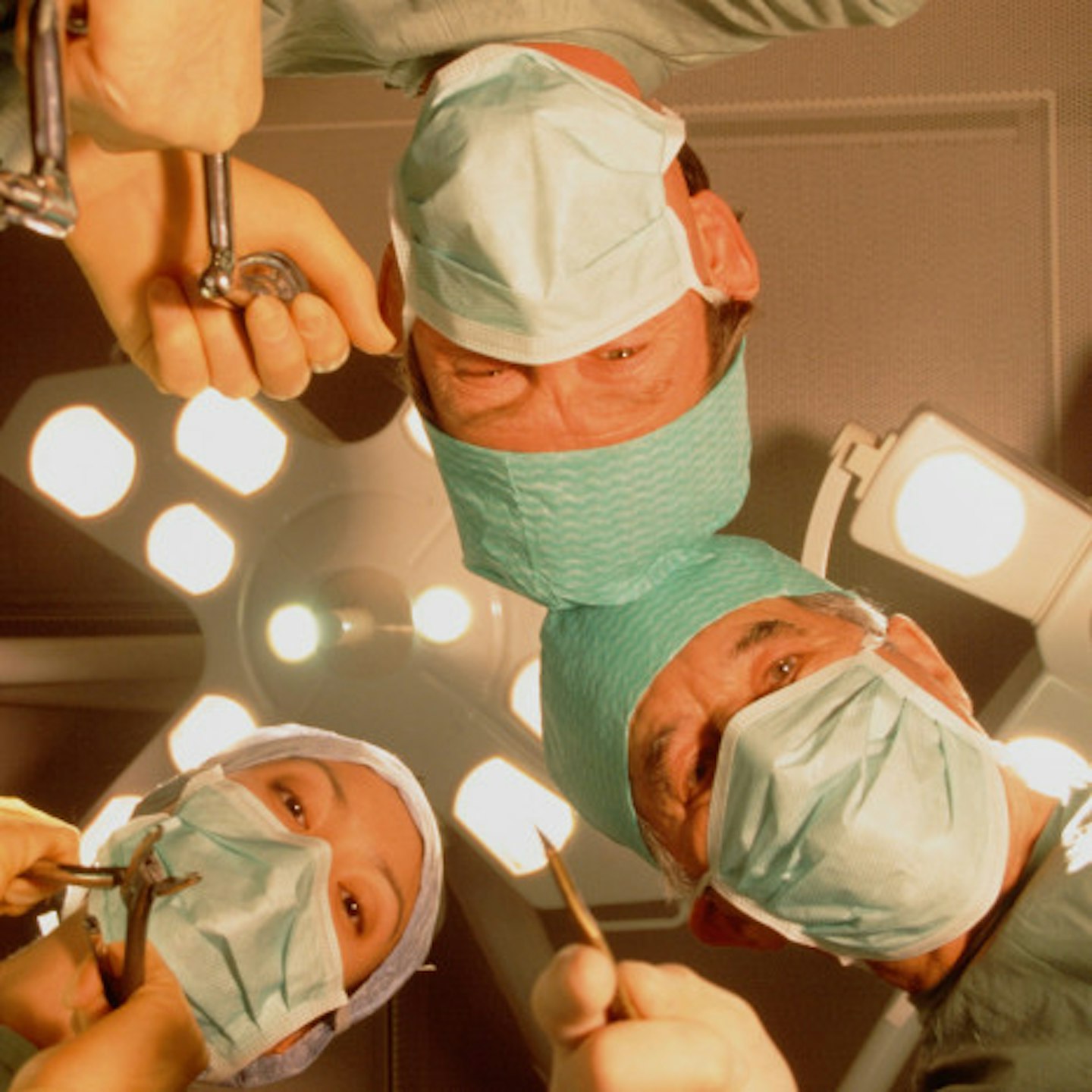Kim Kardashian has recently admitted that she may have to undergo a hysterectomy after she gives birth to her son.
Many women have to have their wombs removed in what can be a a major surgery. Whether you’re facing the decision of having a hysterectomy or simply curious about what the procedure entails, we found out everything you need to know.
What causes the need of a hysterectomy?
Hysterectomies are usually needed when a woman suffers from certain conditions.
These include:
-
Endometriosis
-
Uterine fibroids
-
Uterine prolapse
-
Heavy and excessive periods
-
Adenomyosis
-
Cancer
What does the surgery involve?
There are three types of hysterectomy.
An abdominal hysterectomy involves an incision in the lower abdomen where the womb is removed through.
A vaginal hysterectomy is when the womb is removed through a small cut in the vagina,
A laparoscopic hysterectomy is when the surgeon makes very small cutes and navigates the surgery with a camera, removing the uterus through the small cuts.
Is it risky?
All surgeries come with a small risk, but nowadays hysterectomies are a regularly performed procedure and women rarely suffer from complications.
Are there alternative treatments?
Rather than resort to a hysterectomy, women can try alternative treatments.
Certain surgeries can help improve symptoms of uterine prolapse and endometriosis. Prolapse can also be treated with certain exercises and vaginal pessaries. Medicines can be used to treat painful symptoms of endometriosis both over the counter and on prescription.
Those who suffer from fibroids can have them removed by surgery or shrunk through treatment.

Will a hysterectomy trigger menopause?
Menopause will occur when the ovaries are removed with the uterus, but if the ovaries are left behind then women can avoid going into early menopause.
Should the ovaries be removed too then HRT will be encouraged to help with symptoms of menopause.
How long does it take to recover?
Most women stay in hospital for one to two days after a hysterectomy.
Your doctor will encourage you to rest and avoid lifting heavy objects (or take part in strenuous activity).
Abdominal hysterectomies take approximately six weeks to recover from whilst vaginal or laparoscopic surgery can take up to four weeks.
For more information visit the NHS website.
